Garapa Decking
Garapa is a beautiful Honey Gold color which is lighter in color and is a less expensive alternative to Ipé. Garapa picture is shown with finisher.
Garapa is kiln dried and is approximately 2 ½ times harder than Oak with an approximate 25 year life expectancy. Garapa is the most consistent in color and is known as Brazilian Oak.
If you are planning to let your deck turn gray over time, Garapa is the perfect choice due to its price. All of the Brazilian hardwoods look very similar once they have grayed.
The medium brown color of Garapa blends nicely with Ipe so you can use them together to make a beautiful two tone effect.
Garapa is wonderful choice if you are looking for a lighter color alternative that still has the hardness and durability of a Brazilian hardwood.
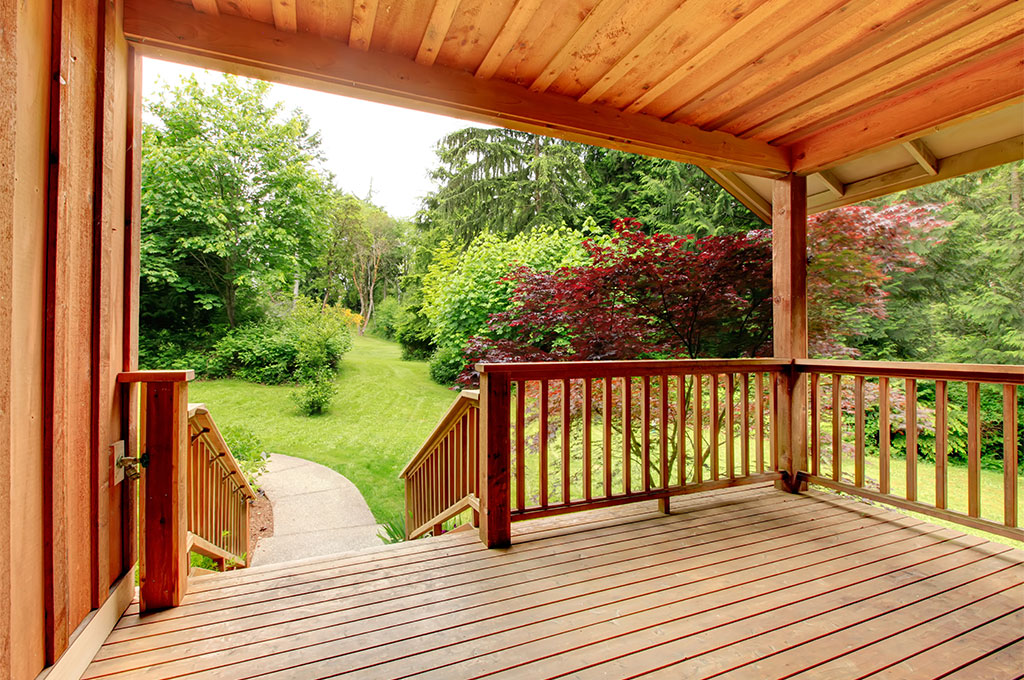
Once your deck is installed, you do not have to do anything to your Garapa deck for it to last for years to come but it will turn to a silvery-gray color if you do not put a UV Finisher made for Hardwoods.
Please keep in mind that Garapa DOES react with some metals. You should ALWAYS use 316 SS Fasteners and keep in mind that it may react with shavings from Metal Railings, Metal Furniture, etc.
Tips:
Always use carbide tip tools (drill bits and saw blades). Always pre-drill your Garapa before installing any fasteners into your Garapa boards
Garapa Deck Boards
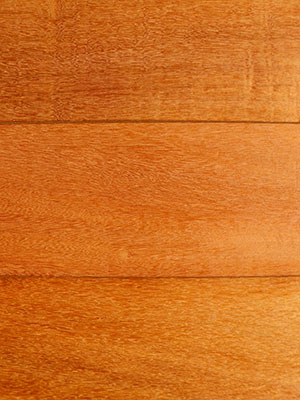
| Botanical Name: | Dipteryx Odorata |
|---|---|
| other Names: | Almendrillo, Brazilian Teak, Tonka, and Tonquin Bean |
| Origin: | South America (Brazil) |
| Description: | Color ranges from a soothing golden tan to a warm reddish brown with some dark grain accents through out the wood. |
| Mechanical Properties: | This wood has a bending strength of 14,793 psi, and a Janka Hardness of 3540. |
| Working Properties: | Due to its superior strength, cumaru can be difficult to saw and bore with standard saws. Carbide tipped blades are recommended. Where severely interlocked grain is not present, the wood planes to a smooth surface. Glues poorly, but nails and screws well; pre-boring is necessary. |
| Durability: | Cumaru is very durable. The heartwood is resistant to both brown-rot and white rot fungi, with excellent weathering characteristics, and boasts a maintenance-free lifespan of 50+ years. |
| Seasoning: | Cumaru is rated as easy to air-season with a slight tendency to check and with moderate warping; drying was uniformly rapid. |
| Uses: | Outdoor Decking, flooring, cogs and shafts, heavy construction, barge and dock fenders, railroad crossties, pulp mill equipment, tool handles, bearings, turnery. A substitute for lignum vitae. |
| Comments: | The cumaru tree is cultivated in many areas for the tonka beans which are used as a vanilla flavoring. Various products of the cumaru tree are also used in tribal medicine. |
Gallery
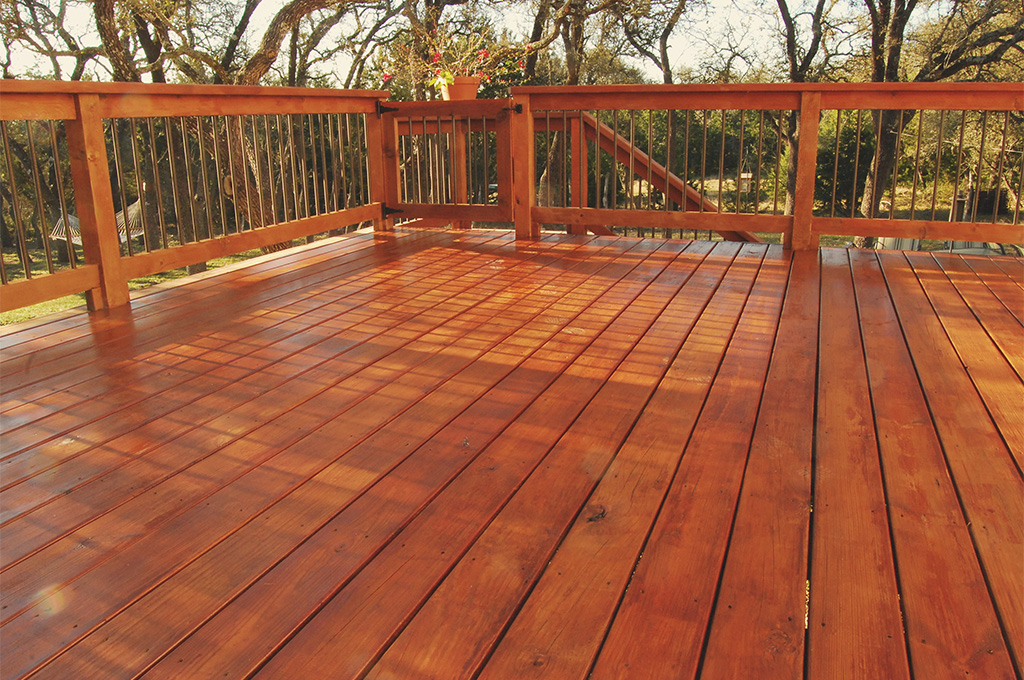
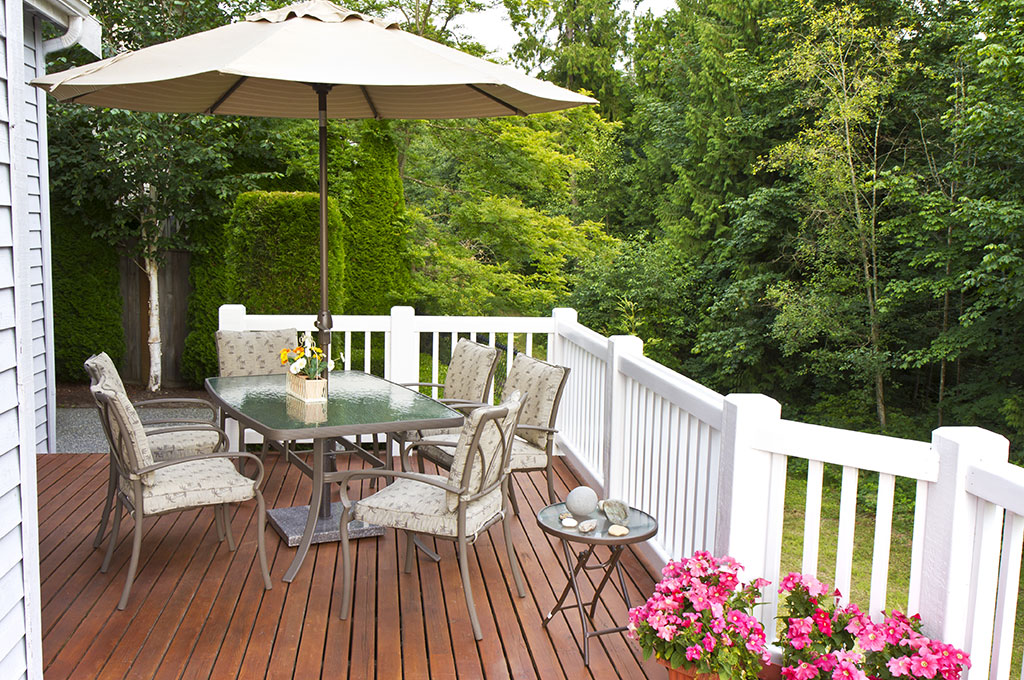
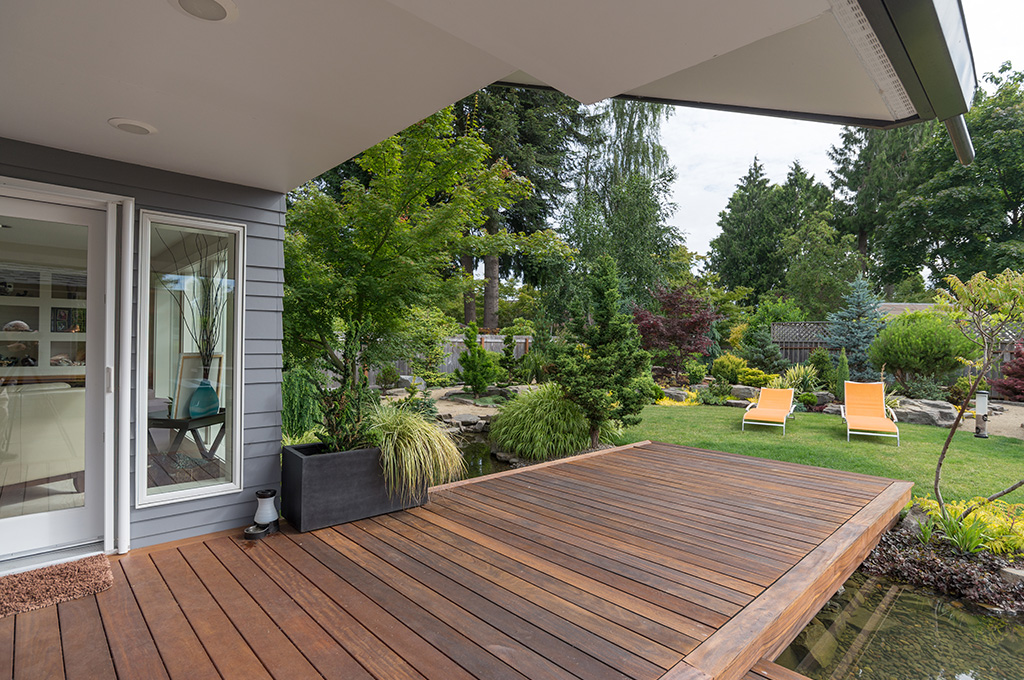
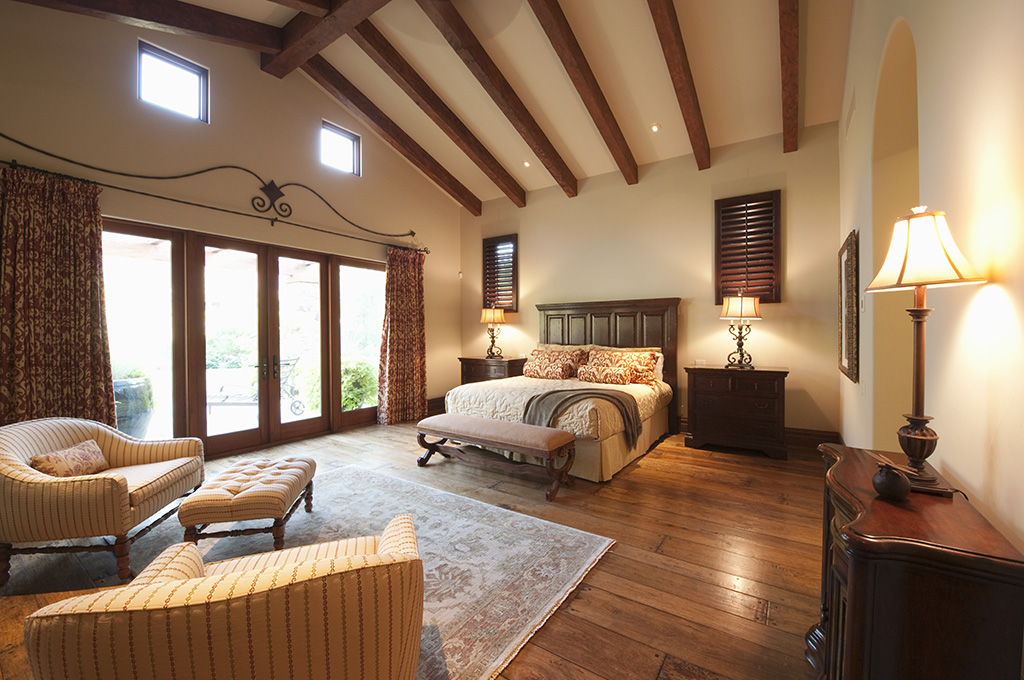
Query
Write to us making your query about our services of shipping cargo, storage, online purchases.
Contact usUNB LLC
With more than 20 years of experience offering transportation services & cargo logistics from the United States to South America.
Estados Unidos
1601 NW 93rd Ave. Doral, Florida 33172
unbllc.com@gmail.com
+1 305.887.1955
---
Bolivia
Ave. Beni S/Elena Salvatierra #4415
unibol.net@gmail.com
(591)3 343-6001
(591) 753-76588
Copyright @ 2025 www.unbllc.com All rights reserved